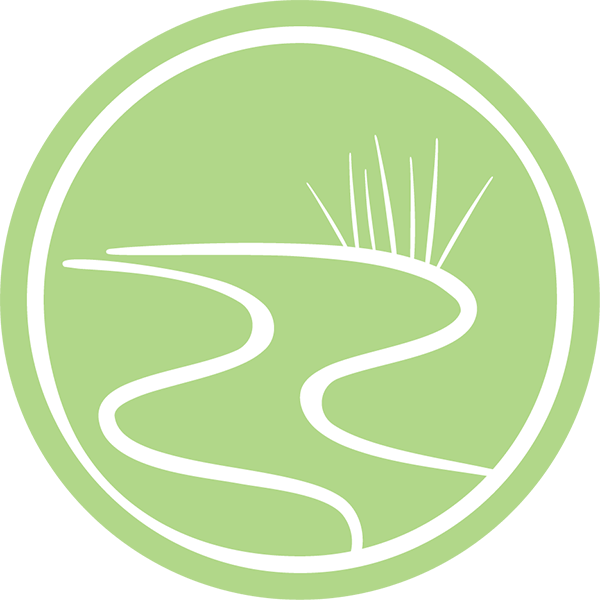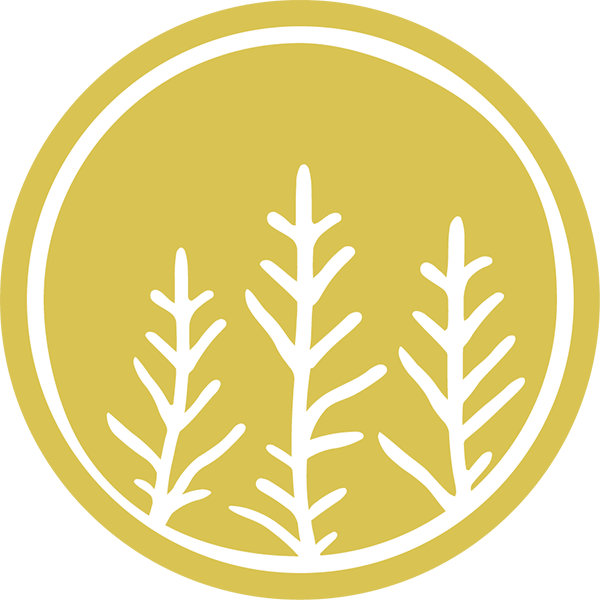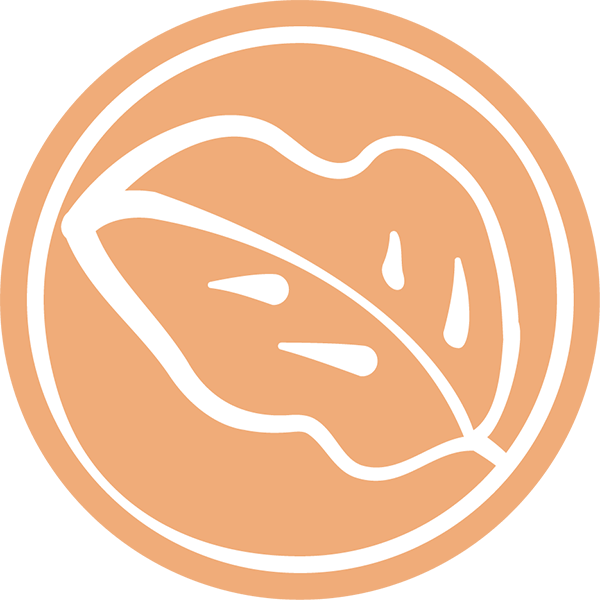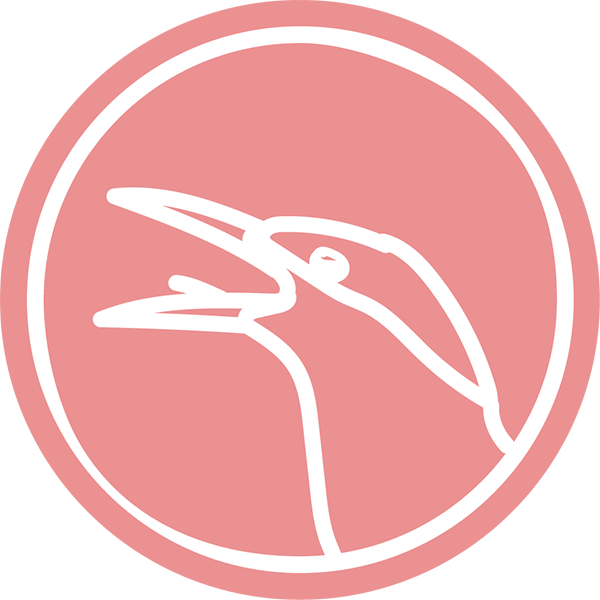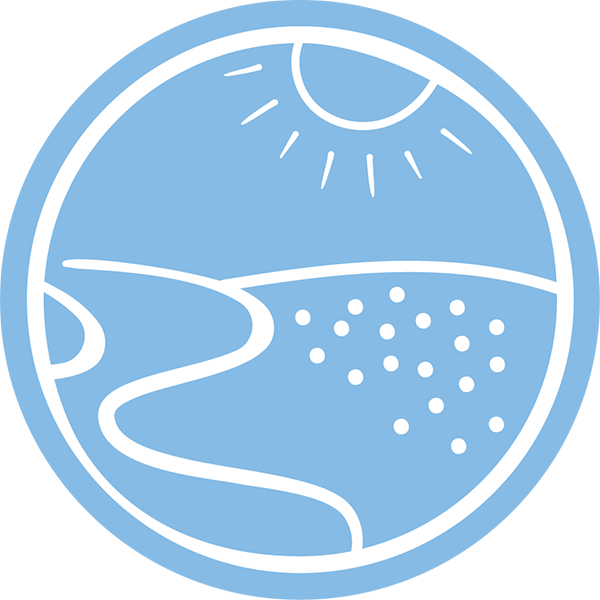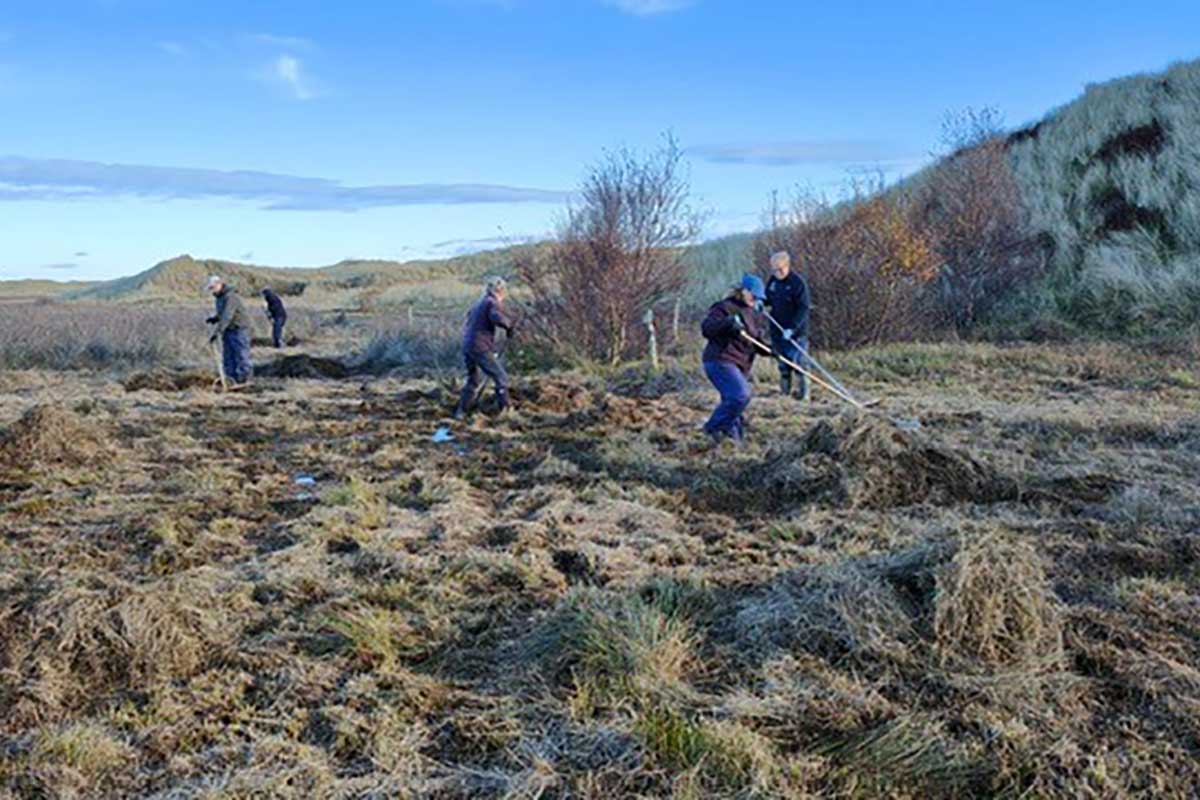
Dune Invasives
LIFE WADER is working in partnership with volunteers from Northumberland Coast National Landscape Conservation Team to help eradicate Ivy, Sea Buckthorn, Snowberry and Blackthorn from the dunes.
WADER is working closely with the Tweed Invasives Project (TIP) to tackle riverside invasive non-native species across the Tweed catchment and North Northumberland. TIP has been operating for 22 years already, ensuring early detection and controlling the most worrying species. The Project began in 2002 in response to strong public demand. Since then, it has become one of the largest and successful of its kind in the UK, covering the entire 5000km2 Tweed catchment. Invasive plants are tackled strategically, starting at the uppermost source and working steadily downstream to prevent reinfestation and move towards eradication.
Initially, giant hogweed was the focus species for the control programme but now Japanese knotweed, Himalayan balsam and American skunk cabbage have joined the list of key species of concern.
Help us control these damaging invasive non-native plant species by sending in your sightings. If you think you’ve seen one of the invasive species, or need more information, please email us on [email protected] giving your name, contact number, the exact location of the species and the date seen. Please include a photo of the plant if possible.
To find out more about the project and volunteering opportunities, please contact Emily Iles on 01896 849723 or email [email protected] or use the contact form at the end of this page.

LIFE WADER is working in partnership with volunteers from Northumberland Coast National Landscape Conservation Team to help eradicate Ivy, Sea Buckthorn, Snowberry and Blackthorn from the dunes.
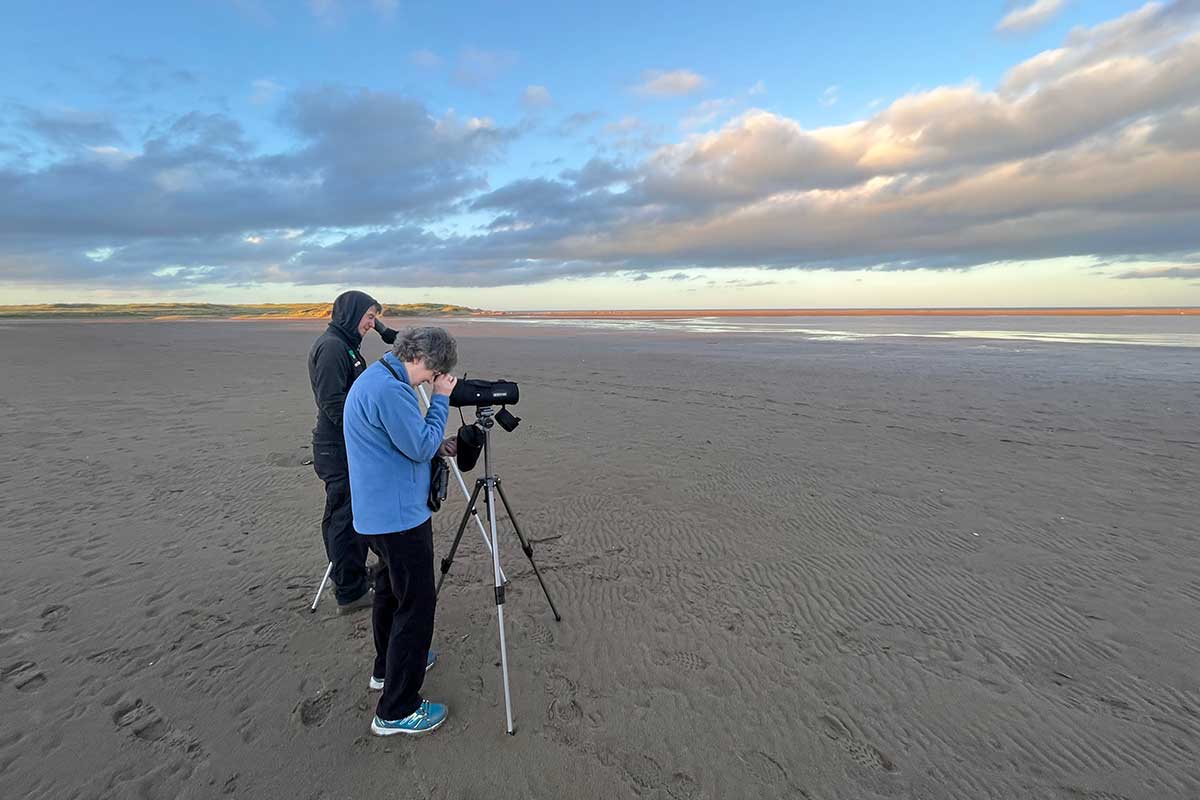
Could YOU be a Northumberland Coast Shorebird Champion? Find out more about this volunteering opportunity here.
We have a hard-working team of volunteers supporting WADER’s cause; see some of the things they get up to here.
